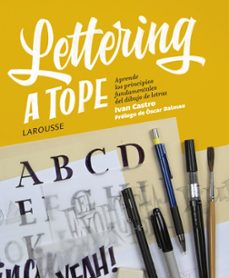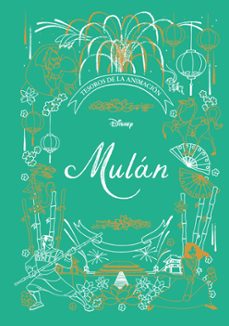📗 Libro en inglés THE PREFERENCE FOR THE PRIMITIVE
PHAIDON PRESS LIMITED- 9780714841540
Sinopsis de THE PREFERENCE FOR THE PRIMITIVE
This book, the last to be completed by the author, is a study of a recurring phenomenon in the history of changing taste in the visual arts, namely the feeling that older and less sophisticated (i.e. ‘primitive’) works are somehow morally and aesthetically superior to later works that have become soft and decadent. In his first narrative work for over twenty years, Gombrich traces this idea back to classical antiquity and links it both with Cicero’s observation that over-indulgence of the senses leads to a feeling of disgust, and with the profoundly influential metaphor comparing the development of art to that of a living organism. Like an organism, art grows to maturity, then decays and dies, and successive generations of artists and critics have preferred the strength, nobility and sincerity of earlier styles to the more refined later styles with their corrupting and meretricious appeal to the senses. Summing up more than forty years of study and reflection on this theme, the book presents a closely argued narrative supported by extensive quotations that document with precision the role of authors, critics and artists in shaping and changing opinion. After reviewing the classical authors whose writings largely set the terms of the debate, Gombrich then charts its progress from its revival in the eighteenth century, documenting the often subtle shifts of taste and judgement that frequently focus on the pivotal role of Raphael in the history of taste. In the final chapters he turns to the truly revolutionary primitivism of the twentieth century, analysing the momentous shifts of taste of which he was himself an eyewitness. Important both as a personal testament and as a documentary anthology, this long-awaited book fittingly provides a deep and revealing insight into the history and psychology of taste.
Ficha técnica
Editorial: Phaidon Press Limited
ISBN: 9780714841540
Idioma: Inglés
Número de páginas: 324
Encuadernación: Tapa dura
Fecha de lanzamiento: 02/09/2002
Año de edición: 2002
Plaza de edición: Londres
Especificaciones del producto
Escrito por Ernst H. Gombrich

Sir Ernst H. Gombrich fue uno de los más relevantes historiadores de arte del siglo XX, conocido sobre todo por su extraordinaria capacidad de análisis, su visión novedosa de la creación artística y su talento para hacer compatibles la erudición y la divulgación. Estudió Historia del Arte y Arqueología Clásica en Viena y en 1936 se trasladó a vivir a Londres donde trabajó en la Biblioteca de Warburg. Durante casi veinte años fue profesor de Historia de la Tradición Clásica en la Universidad de Londres. Entre su amplísima obra conviene destacar su Historia del arte, que lleva siete millones de ejemplares vendidos y esta Breve historia del mundo, escrita después de finalizar sus estudios universitarios, revisada poco antes de la muerte del autor y convertida en un clamoroso éxito de ventas en todo el mundo.
Descubre más sobre Ernst H. Gombrich Recibe novedades de Ernst H. Gombrich directamente en tu email
Opiniones sobre THE PREFERENCE FOR THE PRIMITIVE
¡Sólo por opinar entras en el sorteo mensual de tres tarjetas regalo valoradas en 20€*!






























